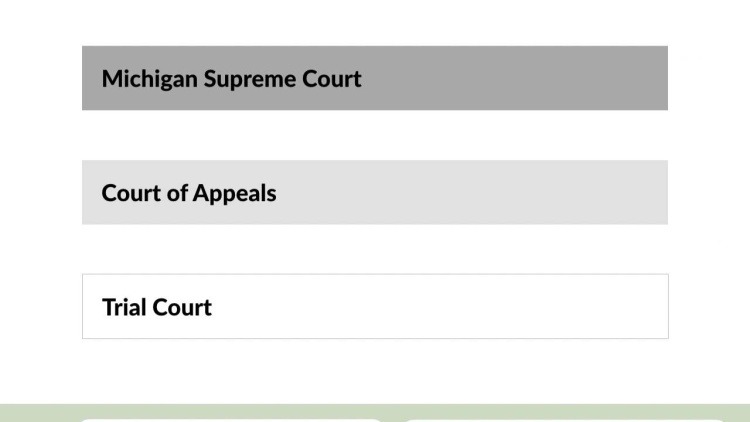Lafler v. Cooper
United States Supreme Court
566 U.S. 156, 132 S. Ct. 1376, 182 L. Ed. 2d 398 (2012)

- Written by Sara Rhee, JD
Facts
Anthony Cooper (defendant) was charged with assault with intent to murder and other offenses after he pointed a gun at Kali Mundy’s head and fired. The bullet missed, and Mundy fled. Cooper ran after Mundy, firing the gun repeatedly and hitting Mundy several times. On two occasions, the prosecution offered to dismiss two of the charges and to recommend a sentence of 51 to 85 months in prison on the remaining two counts in exchange for a plea of guilty. Cooper initially agreed to accept the plea offer but later rejected it on both occasions after his attorney convinced him that the prosecution would not be successful at trial. Cooper was convicted on all four counts and sentenced to serve 185 to 360 months in prison. Cooper subsequently filed a petition for a writ of habeas corpus in federal court against Blaine Lafler, warden of the Michigan correctional facility where Cooper was housed. In his petition, Cooper renewed his claim that his defense counsel was deficient in violation of the Sixth Amendment. The district court conditionally granted the writ and ordered the original plea bargain offered to Cooper to be applied. The court of appeals affirmed, and the United States Supreme Court granted certiorari.
Rule of Law
Issue
Holding and Reasoning (Kennedy, J.)
Dissent (Scalia, J.)
Dissent (Alito, J.)
What to do next…
Here's why 904,000 law students have relied on our case briefs:
- Written by law professors and practitioners, not other law students. 47,100 briefs, keyed to 995 casebooks. Top-notch customer support.
- The right amount of information, includes the facts, issues, rule of law, holding and reasoning, and any concurrences and dissents.
- Access in your classes, works on your mobile and tablet. Massive library of related video lessons and high quality multiple-choice questions.
- Easy to use, uniform format for every case brief. Written in plain English, not in legalese. Our briefs summarize and simplify; they don’t just repeat the court’s language.





